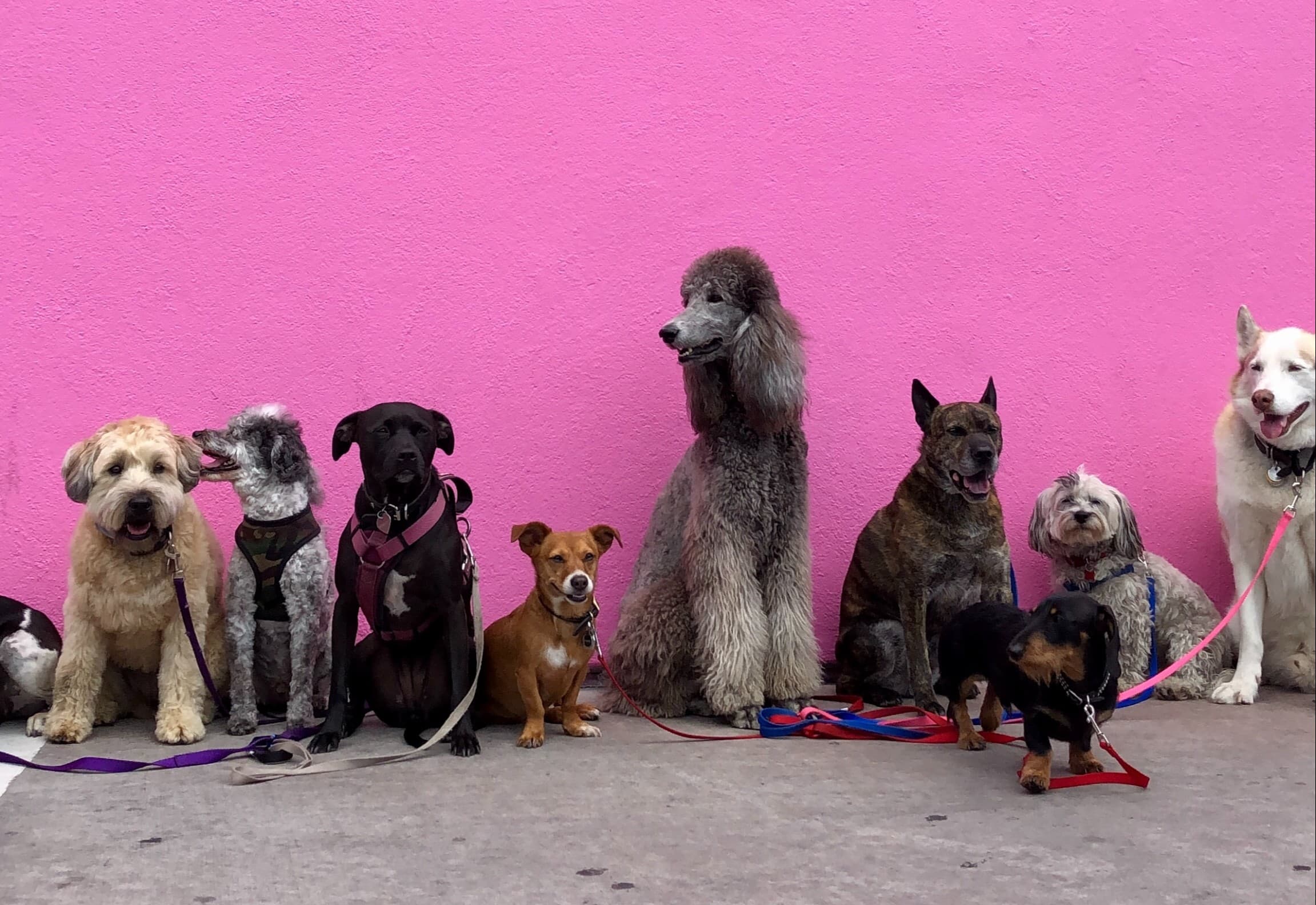Maintaining the cleanliness of a dog's ears is indeed necessary for various reasons. Dogs, especially those with floppy ears or a history of ear infections, can accumulate wax, debris, and even moisture, creating an environment conducive to bacterial or yeast growth. Regular cleaning helps prevent such issues, enhances comfort, and contributes to overall ear health. However, not all dogs require the same frequency of cleaning, and it's essential to tailor the routine to your dog's specific needs.
Ear Cleaning Schedule
Determining the ideal ear cleaning schedule involves considering factors such as breed, ear shape, and individual predisposition to ear problems. Breeds with long, floppy ears, like Cocker Spaniels or Basset Hounds, often require more frequent cleaning than those with upright ears. Establishing a routine, whether it's weekly, bi-weekly, or monthly, allows you to monitor your dog's ears consistently and detect potential problems early on.
How to Clean a Dog’s Ears
To clean your dog's ears effectively, gather the necessary supplies, including a dog-friendly ear cleaning solution, cotton balls or pads, and treats for positive reinforcement. While hydrogen peroxide is a common household antiseptic, it's not always recommended for ear cleaning due to potential irritation. Learning how to clean dog ears at home naturally, opt for veterinary-approved solutions specifically designed for ear care to avoid complications. Don’t experiment with any home remedies, because they can be harmful to the animal.
Ear Cleaning Supplies
Selecting the right supplies is crucial for a successful ear cleaning session. Ensure the ear cleaning solution is gentle, and avoid using cotton swabs to clean dog ears, as they can push debris further into the ear canal. Soft, moistened cotton balls or pads are preferable for wiping away dirt and excess solution without causing harm. Always consult with your veterinarian to determine the most appropriate ear cleaning solution for your dog, considering factors such as breed, individual sensitivities, and any existing ear conditions.
Can You Use Hydrogen Peroxide to Clean a Dog’s Ears?
While hydrogen peroxide has antiseptic properties, it can be too harsh for a dog's delicate ear tissues. It may cause irritation and drying, potentially exacerbating existing issues. Instead, choose a veterinarian-recommended ear cleaning solution that suits your dog's specific needs.
5 Step Guide on How to Clean a Dog’s Ears
Follow these steps for a thorough yet gentle ear cleaning:
Prepare: Gather supplies and create a calm environment.
Inspect: Examine your dog's ears for redness, swelling, or unusual odor.
Apply Solution: Fill the ear canal with the cleaning solution and massage the base of the ear.
Wipe Away Debris: Use cotton balls or pads to remove loosened debris and excess solution.
Reward: Praise and reward your dog for cooperation, reinforcing a positive association with ear cleaning.
Things to Watch Out For During Cleaning
While cleaning your dog's ears, pay attention to any signs of discomfort or potential issues. If your dog displays excessive head shaking, scratching, or exhibits sensitivity during the process, it could indicate an underlying problem, such as an ear infection. For example, if a dog keeps shaking their head but ears are clean, it could be a sign of some medical issue, so you should consult the veterinarian for proper diagnosis.
Signs Your Dog Has an Ear Infection
Be vigilant for signs of ear infections, including redness, swelling, a foul odor, discharge, or changes in behavior. If you observe any of these indicators, consult your veterinarian promptly for a thorough examination and appropriate treatment.
Conclusion
Regular ear cleaning is a proactive and preventive measure to ensure your dog's ears stay healthy and free from discomfort. Tailoring the cleaning schedule to your dog's specific needs, using appropriate supplies, and remaining attentive to any signs of trouble during the process contribute to the overall well-being of your furry friend. Remember, a little proactive care today can save you and your dog from potential ear-related issues in the future.
Frequently Asked Questions
Am I supposed to clean the ears of my dog?
Yes, regular ear cleaning is important for dogs, particularly those prone to wax buildup or ear infections.
What equipment do I need to clean a dog's ears?
You'll need a dog-friendly ear cleaning solution, cotton balls or pads, and possibly treats for positive reinforcement.
When shouldn't I clean my dog's ears?
Avoid cleaning if you notice signs of infection, redness, or if your dog shows discomfort during the process.
Is it okay to clean a dog’s ears with hydrogen peroxide?
No, it's not recommended to use hydrogen peroxide, as it can be harsh; opt for a veterinarian-recommended ear cleaning solution.
How often should I clean my dog’s ears?
The frequency of cleaning depends on your dog's breed, activity level, and susceptibility to ear issues; consult your vet for personalized advice.



